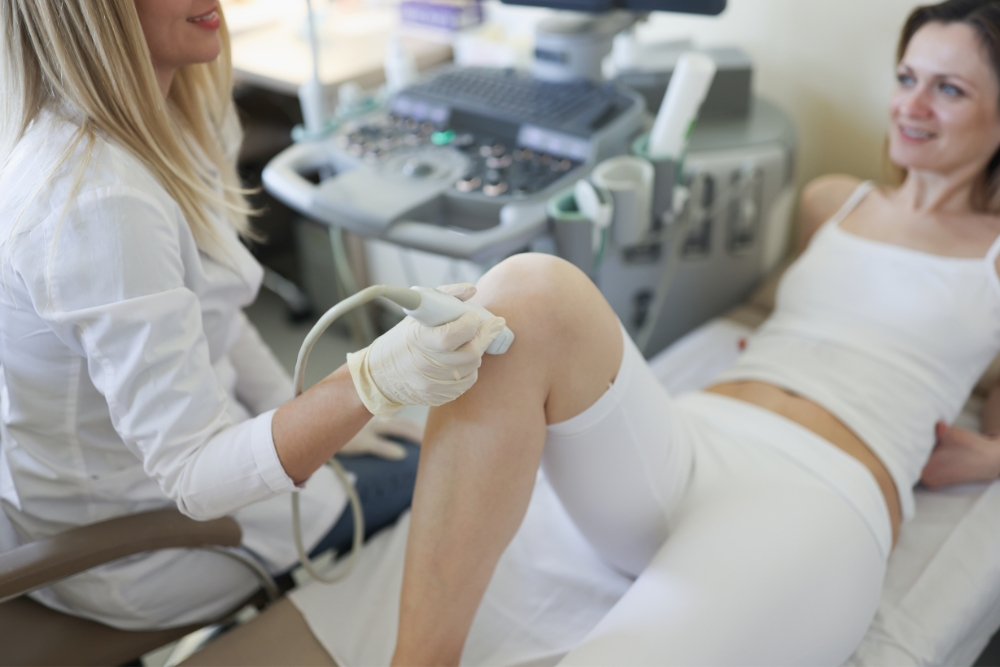Understanding Sperm Donation in the UK!
Sperm donation is a process that has helped countless individuals and couples achieve their dreams of parenthood. In the United Kingdom, this practice is well-regulated and plays a crucial role in assisted reproduction. This article aims to provide a comprehensive overview of sperm donation in the UK, covering everything from the donation process to its impact on recipients and donors alike.

What is sperm donation and why is it important?
Sperm donation is the voluntary provision of sperm by a man to help individuals or couples who are unable to conceive naturally. It’s a vital component of fertility treatments, particularly for same-sex female couples, single women, and heterosexual couples facing male infertility issues. In the UK, sperm donation is regulated by the Human Fertilisation and Embryology Authority (HFEA), ensuring safe and ethical practices throughout the process.
How does the process of becoming a sperm donor work?
The process of becoming a sperm donor in the UK involves several steps. Initially, potential donors must meet specific criteria, including being between 18 and 41 years old and in good health. Candidates undergo thorough medical screenings, including tests for genetic disorders and sexually transmitted infections. They also provide detailed medical histories and may undergo psychological evaluations. Once approved, donors are asked to provide regular samples over a period of time, typically several months.
What are the legal implications of sperm donation in the UK?
In the UK, sperm donors are not legally considered the father of any children born from their donations. This means they have no legal rights or responsibilities towards these children. However, since 2005, children conceived through sperm donation have the right to access identifying information about their donor once they turn 18. Donors are limited to creating ten families, a measure designed to reduce the risk of inadvertent consanguineous relationships.
How do recipients choose and use donated sperm?
Recipients can choose sperm donors based on various characteristics, including physical traits, education, and personal interests. However, the process is anonymous until the child reaches 18. Fertility clinics assist in matching donors with recipients based on their preferences. The donated sperm is then used in fertility treatments such as intrauterine insemination (IUI) or in vitro fertilization (IVF), depending on the recipient’s specific needs and circumstances.
What are the psychological aspects of sperm donation?
Sperm donation can have significant psychological impacts on all parties involved. For donors, it often brings a sense of altruism and satisfaction in helping others. However, they must also consider the potential emotional implications of biological children existing without a parental relationship. Recipients may experience a range of emotions, from excitement about the possibility of parenthood to concerns about using donor sperm. Counselling is typically offered to both donors and recipients to address these psychological aspects.
What are the financial aspects of sperm donation in the UK?
While it’s illegal to pay for sperm donation in the UK, donors can receive compensation for their time and expenses. The HFEA allows for a fixed sum of up to £35 per clinic visit, with an overall limit of £750 for a full course of sperm donation. For recipients, the costs associated with using donated sperm can vary depending on the fertility treatment required.
| Treatment | Average Cost Range |
|---|---|
| IUI with donor sperm | £800 - £1,300 per cycle |
| IVF with donor sperm | £3,000 - £5,000 per cycle |
| Sperm donor fees | £300 - £1,000 |
Prices, rates, or cost estimates mentioned in this article are based on the latest available information but may change over time. Independent research is advised before making financial decisions.
In conclusion, sperm donation in the UK is a well-regulated process that provides hope for many individuals and couples struggling with fertility issues. It involves careful screening of donors, legal protections for all parties, and consideration of the psychological and financial aspects. As assisted reproduction technologies continue to advance, sperm donation remains a crucial option for those seeking to build their families.
This article is for informational purposes only and should not be considered medical advice. Please consult a qualified healthcare professional for personalized guidance and treatment.




